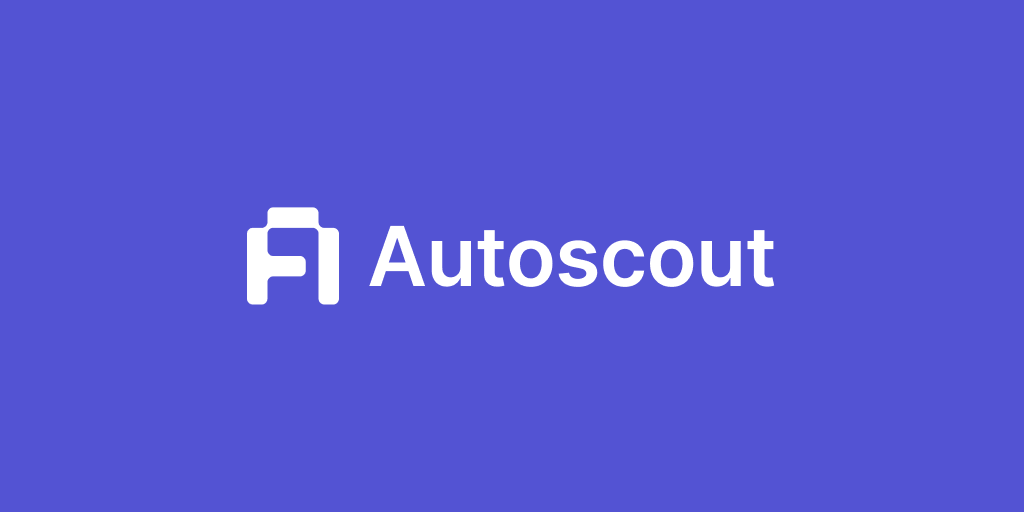From Days to Minutes: How Gas.zip Uses Autoscout to Stay Ahead in the Multichain Race

The Business Problem
Tom Kysar runs Gas.zip, a service that helps users move cryptocurrency across more than 350 different blockchains. Their competitive advantage is simple: be first to support new chains.
"We've built Gas.zip around being very quick when new chains launch," explains Tom. "Our users rely on us as a discovery mechanism. When a new chain launches, they know we’ll support it immediately."
But being first creates a practical challenge. When Tom discovers a new blockchain (often before public announcements), he needs to:
- Verify if the chain is properly EVM-compatible.
- Locate bridge contracts to enable transfers.
- Understand how transactions work on that specific chain.
Without proper tools, this process can take days. And in blockchain, days means missing the opportunity.
Previous Workflow: Manual and Time-Consuming
Before Autoscout, Tom's options were limited:
- Manual RPC calls: "Sometimes I'll just find the RPC in GitHub and do all these manual calls" - slow and error-prone
- Self-hosting a block explorer: "I've gotten the whole self-deployment process to work once in my life. It takes an entire evening" - technically challenging
- Using third-party explorers: "Some of them (newer chains) do have explorers, but they're weird, janky deployments" - unreliable
The result? Hours spent on technical setup rather than focusing on setting up his bridging infrastructure.
How Autoscout Changed the Workflow
Tom discovered Autoscout by chance while trying to analyze the Unichain when it first launched. The impact was immediate:
"I can click three buttons and I have this thing going, indexing the chain. This changed my life because I suddenly had a quick, functional explorer and I could start analyzing a chain in minutes.”
Now, when Tom discovers a new chain:
- He deploys an AutoScout instance.
- The explorer automatically starts indexing the chain.
- He can immediately see transaction flows and locate bridge contracts.
- He can verify if the chain is fully EVM-compatible or has limitations.
Once he’s assessed these things he can get to work supporting the chain and providing a way to quickly bridge assets.
Practical Applications and ROI
Tom uses Autoscout in several specific ways that directly impact his business:
Quick Assessment (4-24 hour deployments) "I'll launch an explorer because I want to quickly check something, then bring it down once I find what I need. It’s fast and super efficient."
This allows Tom to quickly evaluate chains without committing to permanent infrastructure. The cost-effectiveness (as little as $10 for a quick assessment) makes this practical for even long-tail chains.
Temporary Infrastructure Support "Sometimes the chain’s primary explorer will be down and I need to do something. So I'll spin it up for a day or two until they get their infrastructure back."
This ensures Gas.zip operations continue without interruption even when third-party infrastructure fails.
Technical Verification "It helps me spec out what this chain is. Is this chain actually an out-of-the-box rollup or some special modified stuff?"
For Gas.zip, knowing the technical limitations of each chain before committing to support it prevents future problems.
Supporting Ecosystem Partners "I've done it a couple times where I'll talk with a team and they have this terrible explorer they deployed themselves. I'm like, 'I'll put you up an explorer that works right now for a week.'"
This builds goodwill in the ecosystem while ensuring Gas.zip users have access to proper infrastructure.
Measurable Business Impact
The business value for Gas.zip has been substantial:
Expanded Chain Coverage: "It allows us to have a significantly larger chain coverage footprint than just about anybody else."
Gas.zip now supports 350+ chains, far more than competitors, directly attributable to the efficiency Autoscout provides.
Reduced Assessment Time: From "an entire evening" to "five minutes" - a dramatic improvement in workflow efficiency.
Improved User Experience: "Even for our users, I would prefer to have a BlockScout deployment."
Better infrastructure means happier users and fewer support issues.
Faster Time-to-Market: Being first to new chains builds Gas.zip’s reputation as the go-to service for emerging ecosystems.
Why Autoscout vs. Alternatives
Tom evaluated other options but found Autoscout uniquely valuable:
"There's only one block explorer (BlockScout) I can use. I can't use Etherscan - the pricing is just way too high and Blockscout gives me everything I need."
For smaller operations without enterprise budgets, Autoscout fills a crucial gap - professional-grade explorers without the enterprise price tag or technical overhead.
Other alternatives Tom tried:
- Other “roll your own” explorers: "They’re terrible. It doesn't work. It's actually useless for what I need."
- Self-deployment: "You have to know everything - how the databases work, how to set up a Redis server, and all this stuff. Autoscout makes it so easy to deploy”
Bottom Line for Potential Customers
If your business involves integrating with multiple blockchains, especially emerging ones, Autoscout offers three key advantages:
- Speed: Deploy in minutes rather than hours or days
- Accessibility: No specialized knowledge required
- Cost-effectiveness: Pay only for what you use (from $10 for short-term instances to $1000/month for permanent, production-grade deployments)
If that sounds familiar to your workflow, Autoscout might provide the same efficiency gains it delivered for Gas.zip.
See how you can create your own block explorer in the Autoscout explainer below:

This case study is based on a conversation with Tom Kysar, founder of Gas.zip, a service that bridges assets across 350+ blockchains.


